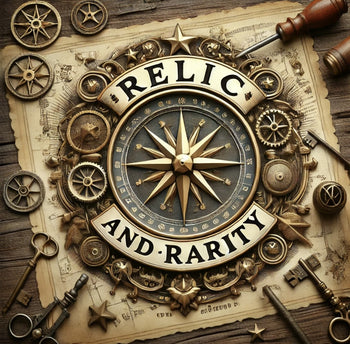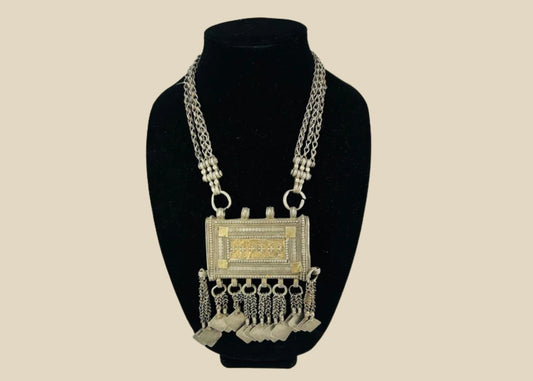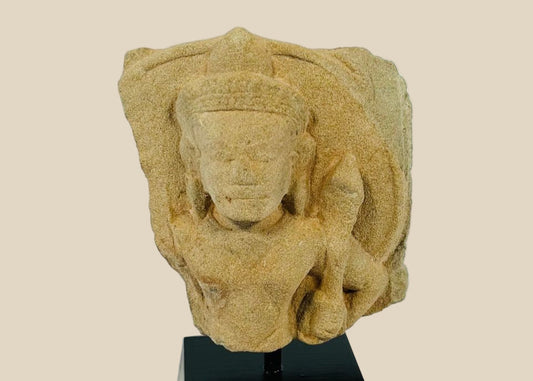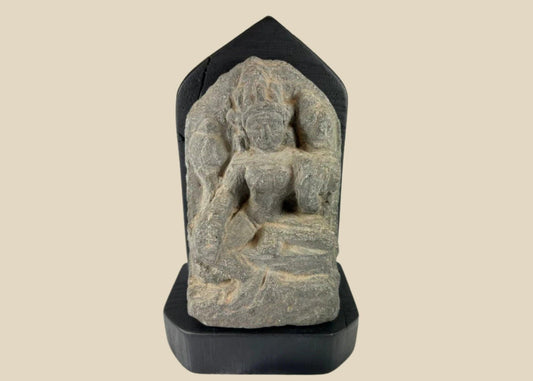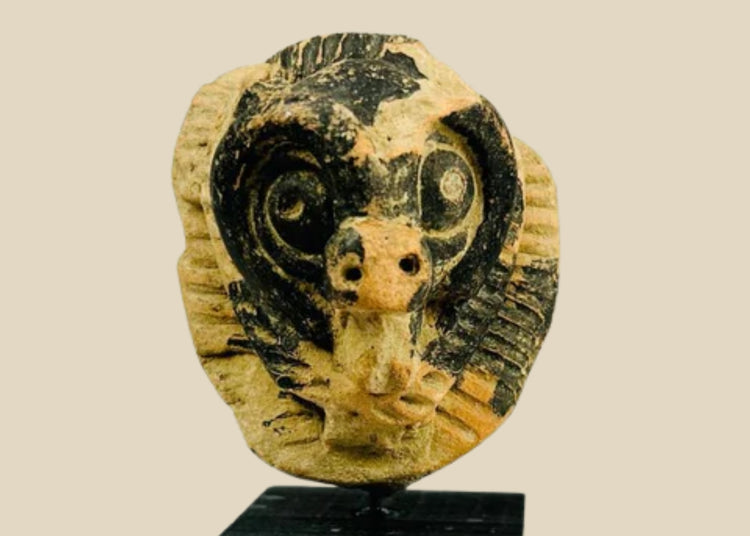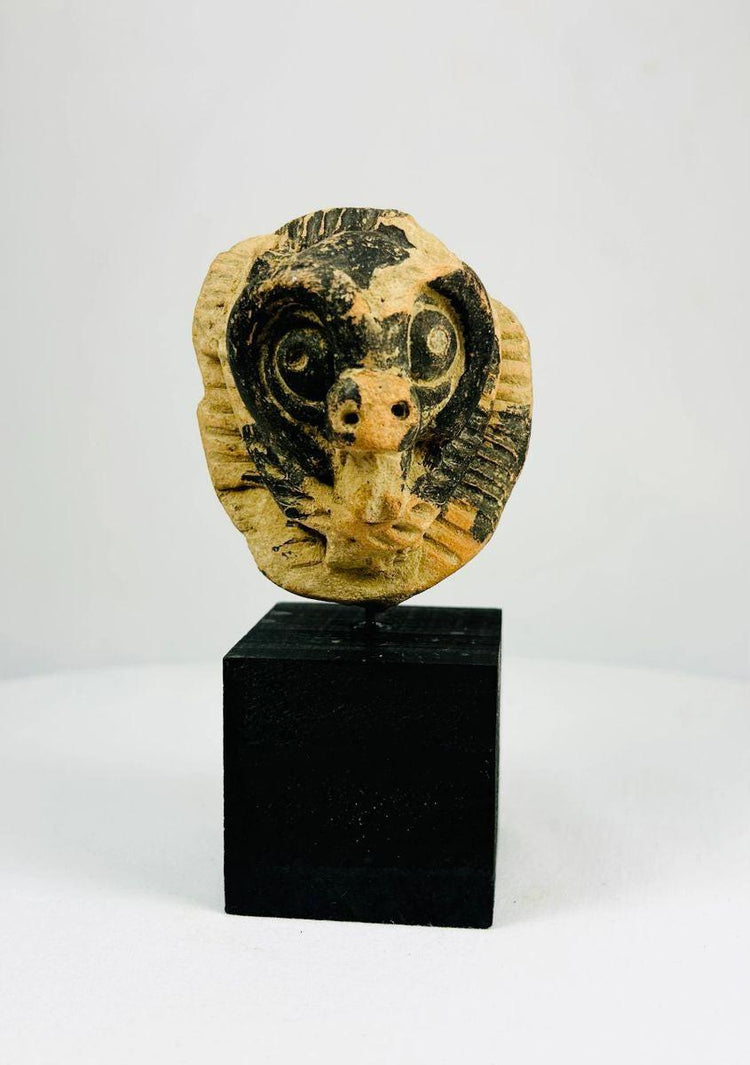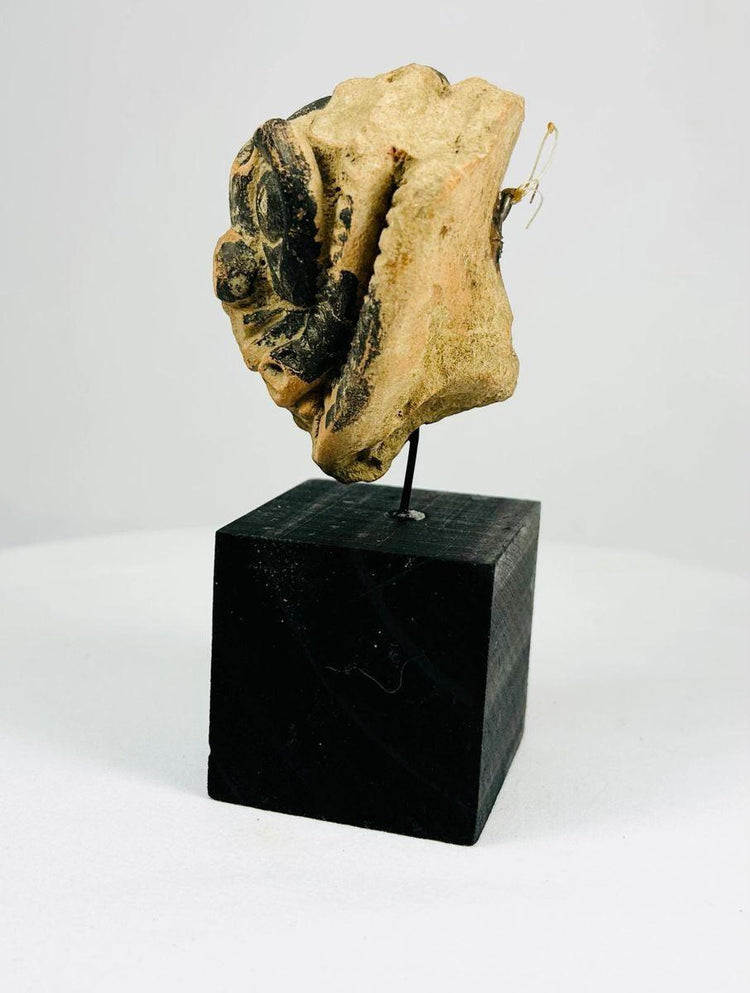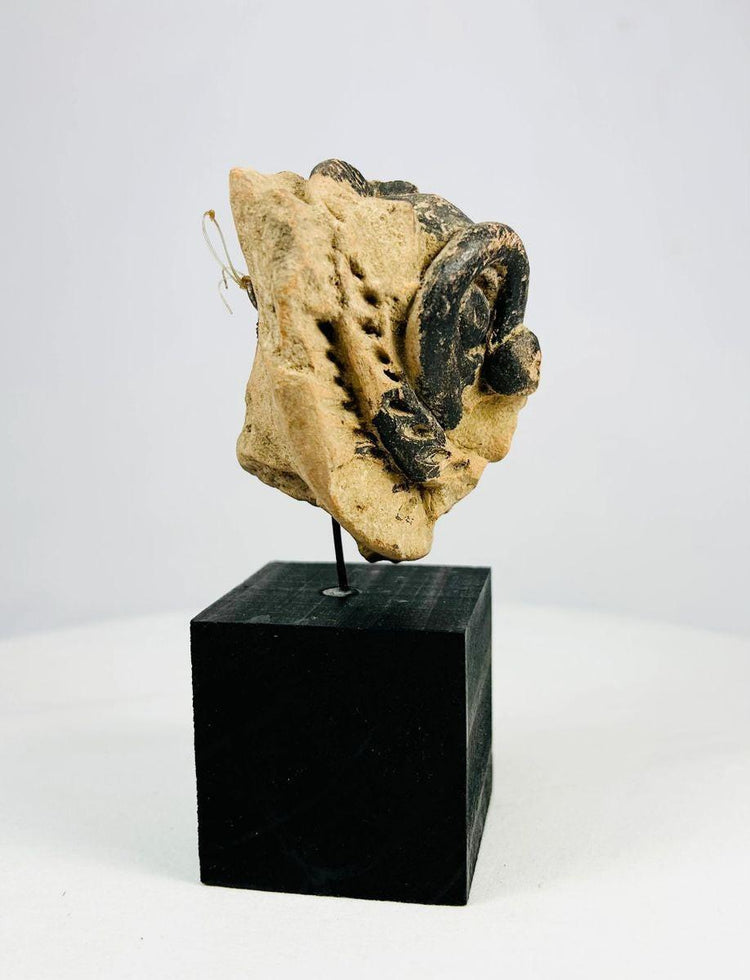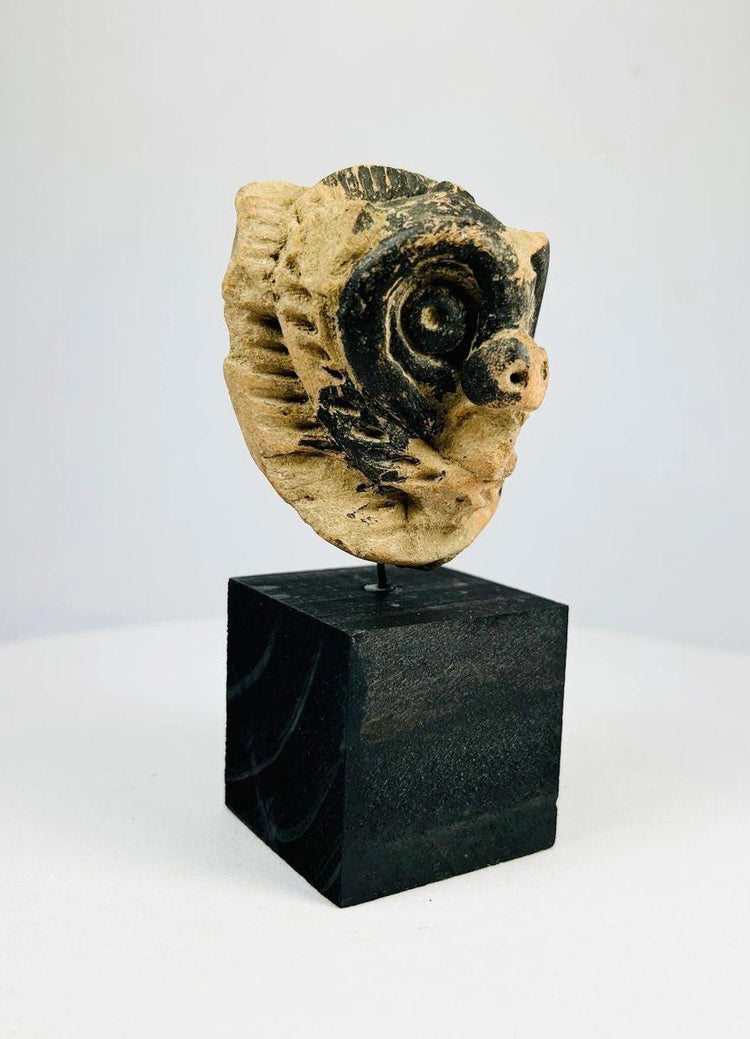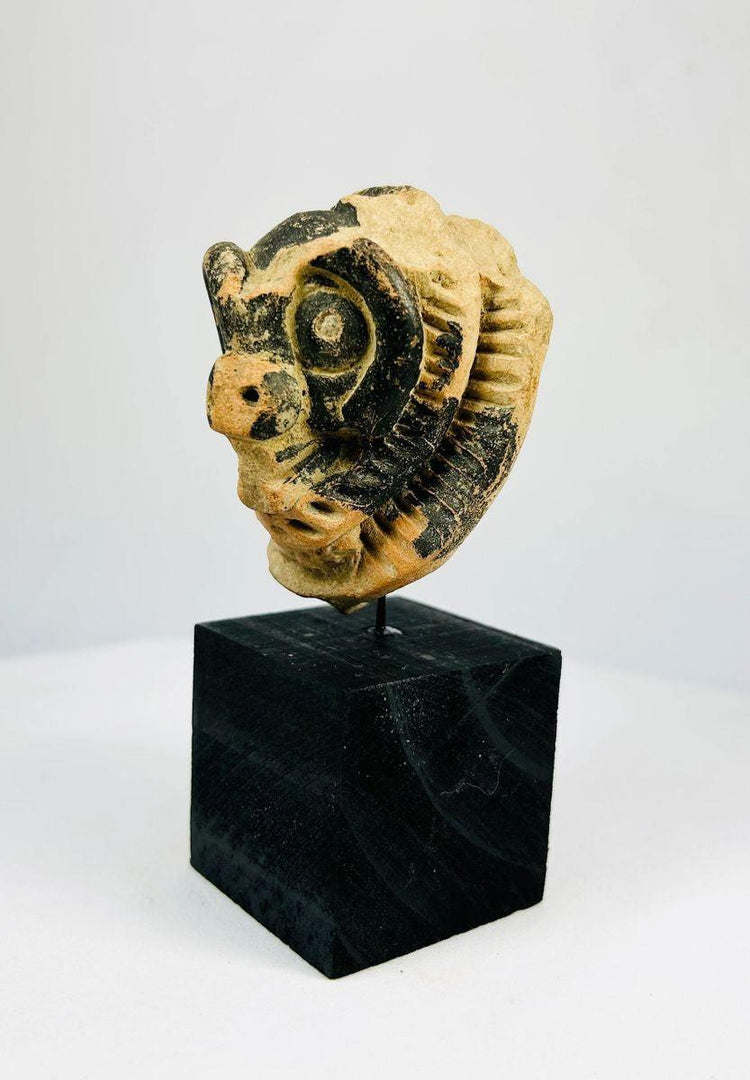Pre-Columbian | Terracotta Mask Fragment with Animal Motif | Circa 500-900 AD
Description
More
Less
Historical Context & Origin
Region: Mesoamerica, likely Mexico or Guatemala
Material: Terracotta
Period: Classic Period, circa 500–900 AD
Description
This Pre-Columbian terracotta mask fragment offers a remarkable glimpse into the artistry and symbolism of ancient Mesoamerican civilizations. Likely created for ceremonial or ritual purposes, the fragment features a bold animal motif with pronounced eyes and a snout, suggestive of a revered spirit or deity. Finely incised patterns frame the design, while remnants of black pigment reveal that the mask was once vibrantly painted, enhancing its presence in ritual contexts.
Features
- Animal motif with strong facial features, symbolizing power and spiritual significance
- Finely incised border patterns, highlighting the artisan’s craftsmanship
- Remnants of black pigment, evidence of its original vivid decoration
- Crafted from terracotta, a medium widely used for ritual and ceremonial art
- Mounted for display, highlighting its cultural and artistic value
Cultural Significance
Animal imagery was central to Mesoamerican belief systems, often representing protective deities, spirits, or symbols of authority. This mask fragment may have served as part of a ceremonial mask or temple decoration, used during rituals, offerings, or religious ceremonies. Its craftsmanship reflects the deep integration of spirituality and artistic expression within Mesoamerican societies of the Classic period.
Condition
The fragment shows natural patina and wear consistent with its age. Despite its incomplete form, it retains remarkable detail, preserving its cultural and symbolic importance.
Dimensions (approximate)
Height: 5 in
Age
Circa 500–900 AD
Explore the fascinating world of ancient Mesoamerican civilizations
Discover additional relics from Mesoamerica’s legendary civilizations
Description
Historical Context & Origin
Region: Mesoamerica, likely Mexico or Guatemala
Material: Terracotta
Period: Classic Period, circa 500–900 AD
Description
This Pre-Columbian terracotta mask fragment offers a remarkable glimpse into the artistry and symbolism of ancient Mesoamerican civilizations. Likely created for ceremonial or ritual purposes, the fragment features a bold animal motif with pronounced eyes and a snout, suggestive of a revered spirit or deity. Finely incised patterns frame the design, while remnants of black pigment reveal that the mask was once vibrantly painted, enhancing its presence in ritual contexts.
Features
- Animal motif with strong facial features, symbolizing power and spiritual significance
- Finely incised border patterns, highlighting the artisan’s craftsmanship
- Remnants of black pigment, evidence of its original vivid decoration
- Crafted from terracotta, a medium widely used for ritual and ceremonial art
- Mounted for display, highlighting its cultural and artistic value
Cultural Significance
Animal imagery was central to Mesoamerican belief systems, often representing protective deities, spirits, or symbols of authority. This mask fragment may have served as part of a ceremonial mask or temple decoration, used during rituals, offerings, or religious ceremonies. Its craftsmanship reflects the deep integration of spirituality and artistic expression within Mesoamerican societies of the Classic period.
Condition
The fragment shows natural patina and wear consistent with its age. Despite its incomplete form, it retains remarkable detail, preserving its cultural and symbolic importance.
Dimensions (approximate)
Height: 5 in
Age
Circa 500–900 AD
Explore the fascinating world of ancient Mesoamerican civilizations
Discover additional relics from Mesoamerica’s legendary civilizations
You May Also Like
